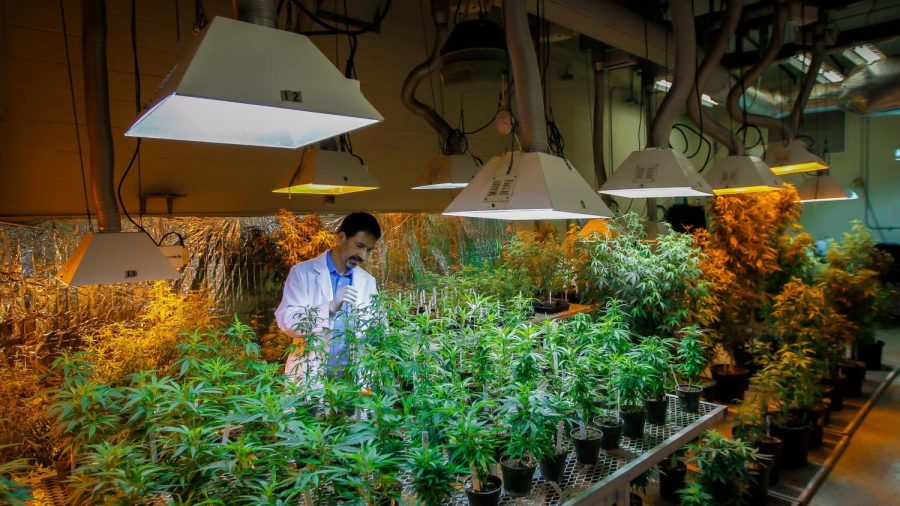The American Psychological Association advocates to advance research on cannabis
The American Psychological Association, the nation’s largest organization of psychology professionals, is urging the federal government to remove impediments to cannabis research.
In a recent advocacy briefing, the association said major barriers to research are preventing scientists from carrying the needed research to understand the impacts of social and therapeutic use of cannabinoids. They added cannabis and its compounds are categorized as Schedule I (they don’t have Food and Drug Administration approved therapeutic use), and cannabis-related research requires investigators to register with the Drug Enforcement Agency (DEA).
The registration process can take more than a year to complete and can create administrative impediments to pursuing research. The oversight from the DEA, that regulates cannabis, can also show down the process.
Adding to the complexity of the application process, the DEA oversight involves redundant scientific protocol review and minor protocol modifications. On their end, investigators report they often receive unclear guidance and are stopped by many DEA and security requirements.
The drugs that fall under Schedule I, like cannabis, belong to the most restricted category. Researchers have long complained that this classification creates a further obstacle in cannabis research.
In order to remove many of the impediments to cannabis research, the APA will support two bills: the Medical Marijuana Research Act of 2017 and the Marijuana Effective Drug Studies Act of 2017. The first bill was introduced in the House in July, and the second one was introduced in the Senate last month. Both bipartisan bills allow for increases in the supply of cannabis for research purposes and call for approval process to pursue medical cannabis studies.
In order to lessen the regulatory burden and facilitate research on cannabis by researchers, the organization, and other groups including the American Pain Society, the American Psychiatric Association, and the American Society of Addiction Medicine, wrote a sign-on letter advocating for the Senate bill.
The letter stated, “by creating an exception for marijuana from the current obstacles of Schedule I registration and review procedures, the bill provides a sensible streamlined approach for the review of applications and granting of registration to conduct research with marijuana.”










